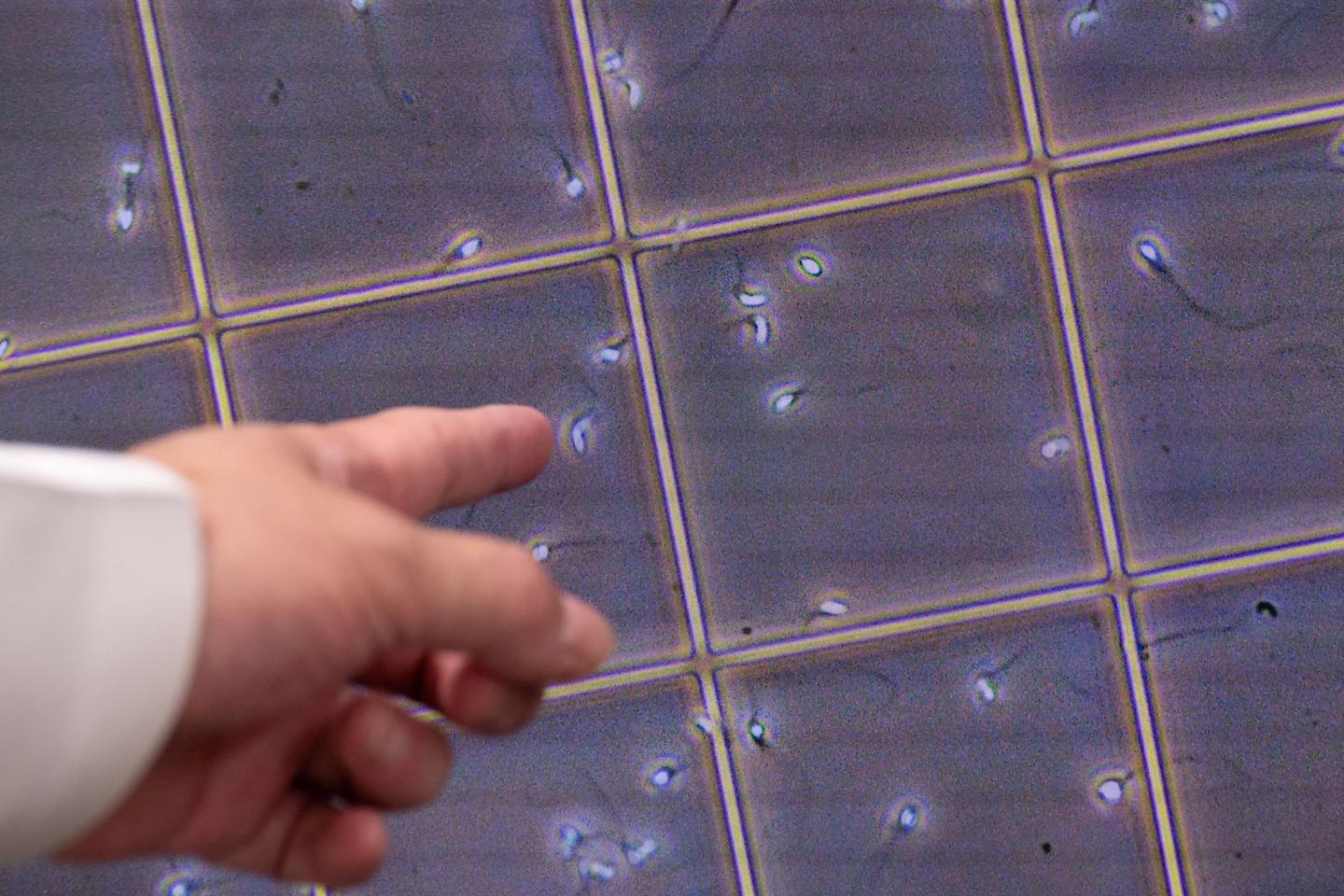


How do you prevent infertility? This is a delicate and complex matter given the personal nature of the subject. Nevertheless, the executive has taken up the issue, at a time when it affects three million people in France. In the wake of Emmanuel Macron's January 16 announcement of a plan to combat this "scourge" described as the "taboo of the century," a commitment has been made to introduce infertility consultations at the age of 25, with a gynecological examination offered to women and a spermogram test for men. The measure, which is part of the "demographic rearmament" called for by the French president, has provoked strong reactions among doctors. Screening for fertility or infertility at this age, with this type of examination and with no connection to family planning, makes little sense to them.
The idea is to build on "prevention reviews," which are government-promised health consultations at key stages of life, including for the 18-25 age group, which are expected to be introduced soon. This will be an opportunity to "raise awareness" of these issues at an earlier stage, said the Elysée, assuring that it will not be an obligation.
Although the spotlight on this "public health issue" has been welcomed given that it has been a "blind spot for public authorities," according to the report submitted in 2022 by Professor Samir Hamamah, incomprehension prevails. "It's far too early. This appointment at age 25 doesn't make sense, we don't understand where it's come from," said Hamamah, head of the reproductive biology department at Montpellier University Hospital. His report, which was intended to inspire "a major national strategy" on infertility, though without any action so far, proposed a consultation at the age of 29, closer to the average age of childbirth – 31 – and the same age that women gain the right to "fertility preservation," following the bioethics law of 2021.
Tests with no predictive value
Intervening in this way at an age when the chances of getting pregnant are at their highest also raises questions. "A year or two later, your reproductive health may have taken a hit, but you'll say to yourself that everything's fine," said the doctor. Furthermore, he stressed that these two examinations on their own cannot provide a comprehensive assessment. What's more, the results of some tests, like a spermogram, can vary greatly, with outcomes possibly "plummeting" within just a three-month interval.
Colleagues in the field of medically assisted reproduction (MAR) are also wondering why tests would be offered that have no real predictive value on the ability to conceive. "There's no such thing as a fertility assessment," said Michaël Grynberg, head of the reproductive medicine department at the Antoine-Béclère hospital in Clamart (southwestern suburbs of Paris) and the Jean-Verdier hospital in Bondy (northeastern suburbs of Paris), Assistance Publique-Hôpitaux de Paris. "As far as infertility is concerned, it's all very well to educate people with a view to prevention, but to suggest that infertility can be limited through these examinations is just not true!"
You have 50% of this article left to read. The rest is for subscribers only.
